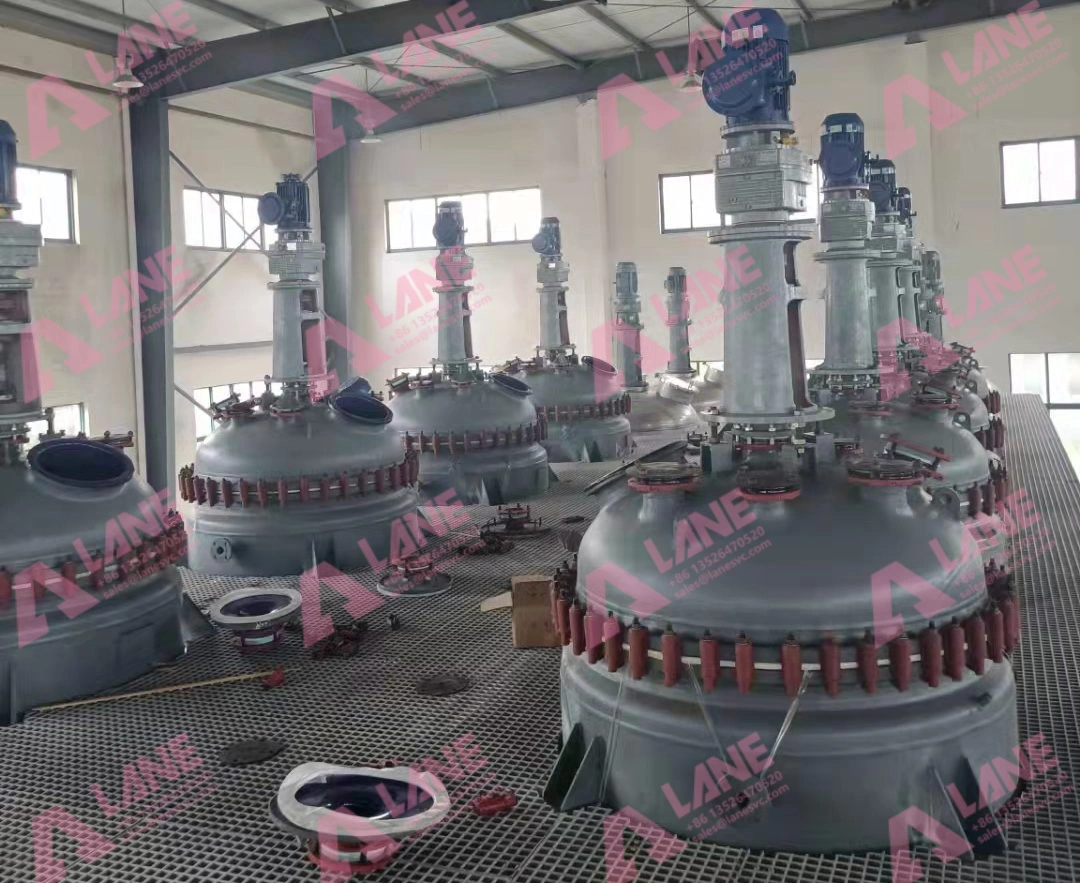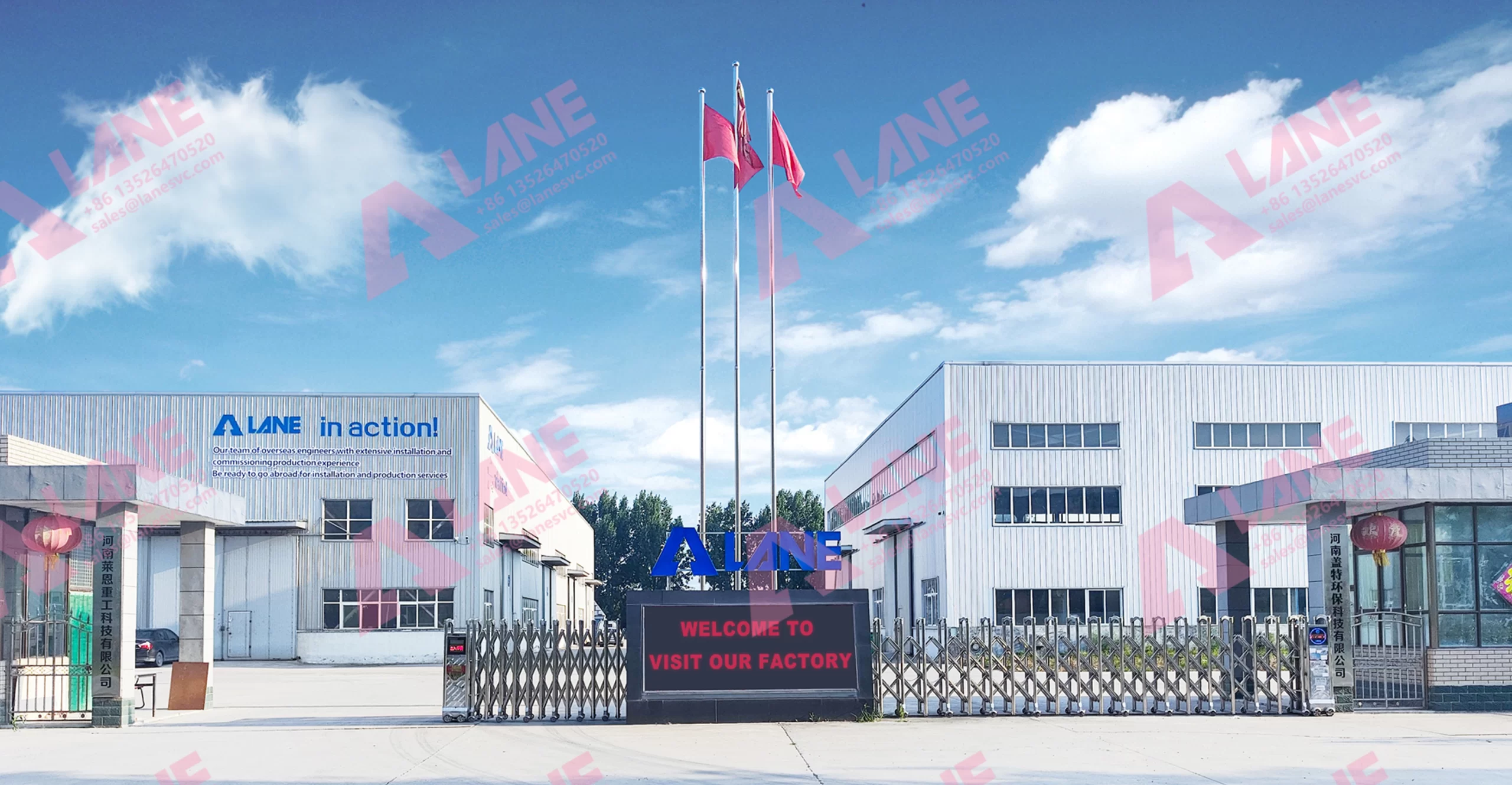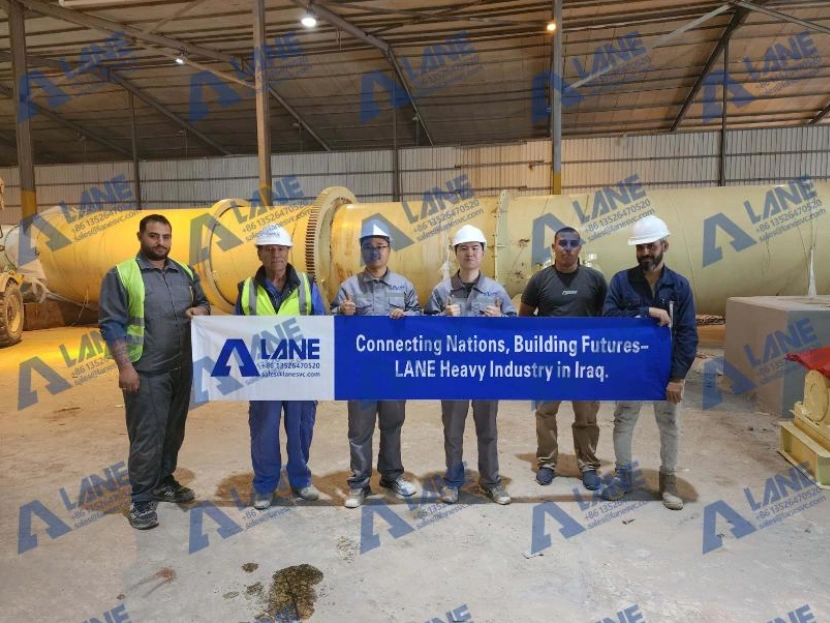Release time:2025-10-27 popularity:407
Chemical reactors are the beating heart of the chemical industry, playing a pivotal role in countless production processes. From manufacturing pharmaceuticals that save lives to creating materials that shape our daily lives, these reactors are responsible for facilitating a wide range of chemical reactions. However, it’s disconcerting to note that many companies often neglect reactor maintenance. This oversight can lead to a cascade of issues, from reduced efficiency and increased production costs to safety hazards and environmental risks. In this article, we will delve into the key reasons why prioritizing regular upkeep for chemical reactors is not just advisable but essential for the smooth and sustainable operation of any chemical enterprise.

Safety Hazards: Neglecting reactor maintenance has dire consequences, with safety hazards paramount. Operating under extreme pressures, temperatures and hazardous substances, reactors see wear on valves, seals and pressure relief devices. Without regular upkeep, failures like faulty relief valves can cause explosions, releasing toxins and endangering lives.
Real tragedies highlight this. The 2005 BP Texas City explosion (15 dead, 180 injured) partly resulted from maintenance neglect—poor reactor upkeep let flammables build up, a stark reminder of maintenance’s role in preventing safety failures.
Reduced Efficiency: Neglecting reactor maintenance significantly reduces efficiency. Reactors require optimal operating conditions for efficient chemical reactions, and poor upkeep causes performance degradation: scale buildup on walls impairs heat transfer, demanding more energy to maintain reaction temperatures; worn catalysts slow reaction rates. This increases energy consumption, reduces output, compromises product quality, raises production costs, weakens market competitiveness, and may lead to production delays and customer dissatisfaction.
Shorter Equipment Lifespan: Regular maintenance is essential for extending chemical reactors’ lifespan. Poor maintenance accelerates component wear—such as corrosion of inner walls and metal parts—weakening structural integrity and shortening service life. Well-maintained reactors can operate for 20–30 years, while neglected ones may develop severe issues in 5–10 years, requiring premature costly replacement. Replacement costs include purchase price, installation downtime, production losses, and old equipment disposal expenses.
Ensuring Operational Safety: Safety is paramount in industrial settings, including chemical reactors, with reactor maintenance as the core of operational safety. Reactor maintenance enables thorough checks of pressure systems—calibrating gauges and inspecting pressure-sensitive components to preempt over-pressure risks like explosions from faulty sensors. It also ensures seal integrity through reactor maintenance, replacing worn seals (degraded by heat, corrosion, or stress) to prevent leaks of hazardous chemicals that protect workers and the environment. Global safety regulations mandate regular reactor maintenance; non-compliance endangers lives and incurs severe legal liabilities.
Optimizing Production Efficiency: Efficient production is critical for chemical enterprises, with regular maintenance playing a vital role. Maintenance keeps internal components clean, removing scale and deposits that impede heat transfer and waste energy—for example, 10% reduced heat transfer in petrochemical reactors can boost energy use by 20%. It also calibrates temperature, pressure, and flow rate instruments to ensure accurate parameter control, avoiding sub-optimal conditions that lower yields and product quality.
Protecting Investment and Cost – Saving: Chemical reactors are high-investment assets. Regular maintenance protects this investment by reducing major equipment failures—avoiding costly repairs/replacements and production downtime. It also extends reactor lifespan, eliminating the far higher costs of premature replacement, making maintenance a financially sound choice for long-term profitability.
Preventive Maintenance: Preventive maintenance is a proactive, scheduled approach to reactor upkeep, with frequencies (monthly, quarterly, annually) determined by reactor type and operating conditions. It involves thorough inspections of key components—pipes, valves, pumps, electrical systems—focused on corrosion, wall thinning and proper operation. Routine tasks include lubricating moving parts to extend component lifespan, replacing clogged filters for efficient reactions with clean fluids, and calibrating instruments to maintain accurate parameter control.
Predictive Maintenance: Predictive maintenance is an advanced approach to reactor upkeep that leverages data analytics and monitoring technologies to anticipate equipment failures before they occur. Strategic sensors are placed on the reactor and its associated systems to continuously track key parameters—temperature, pressure, vibration, and chemical composition. For example, vibration sensors can detect abnormal activity in the reactor’s agitator, where increased vibration may signal issues like shaft misalignment or worn bearings, providing early warning signs to address problems proactively.
Advanced analytics and machine learning algorithms analyze sensor data—trained on historical reactor operation and failure data, they identify failure-linked patterns, predict likelihood over specific timeframes, and estimate critical components’ remaining useful life to enable pre-planned replacements and minimize unexpected downtime.
Neglecting reactor maintenance brings safety, efficiency, and financial risks—prioritizing it safeguards operations and investments. Partnering with a reliable manufacturer like LANE Heavy Industry enhances these benefits: our reactor expertise and maintenance support, paired with preventive/predictive solutions, keep your operations smooth. Integrate LANE’s tailored guidance for long-term success.

In conclusion, neglecting reactor maintenance poses severe risks for chemical enterprises—safety hazards, reduced efficiency, shortened equipment lifespan, and significant financial losses. Prioritizing regular maintenance delivers critical benefits: operational safety, optimized production efficiency, and protected investments. Implementing preventive and predictive strategies helps anticipate issues, ensuring smooth reactor operation. Chemical companies must integrate reactor maintenance into core operations, as it is key to safe, efficient production and long-term enterprise success.

For more details, please feel free to contact us.
Henan Lane Heavy Industry Machinery Technology Co., Ltd.
Email: sales@lanesvc.com
Contact number: +86 13526470520
Whatsapp: +86 13526470520